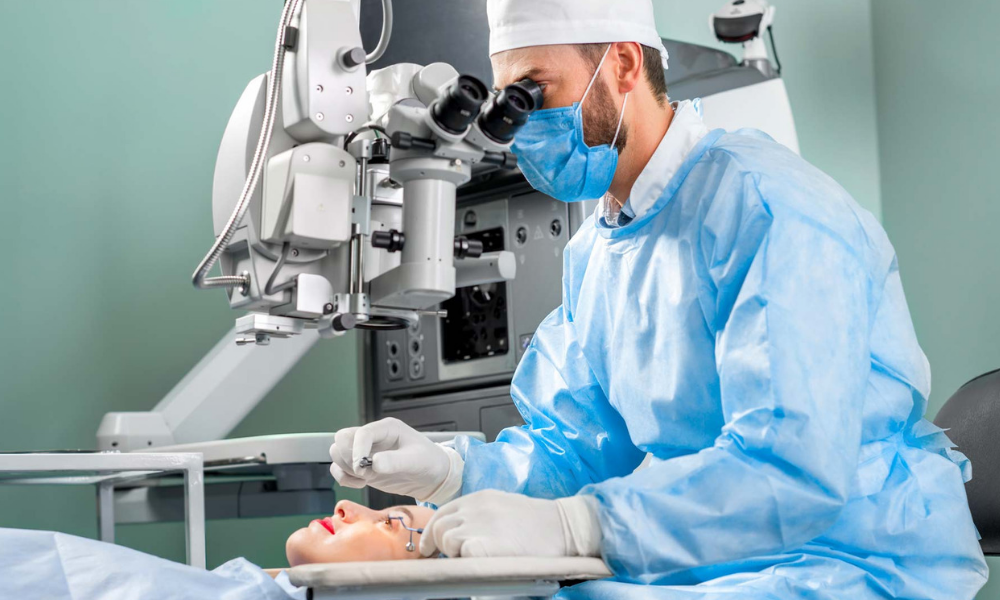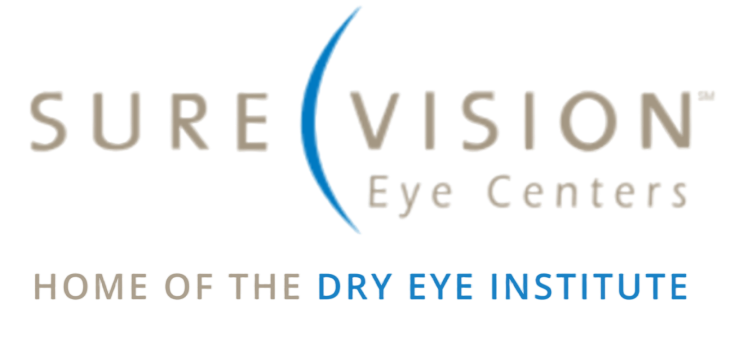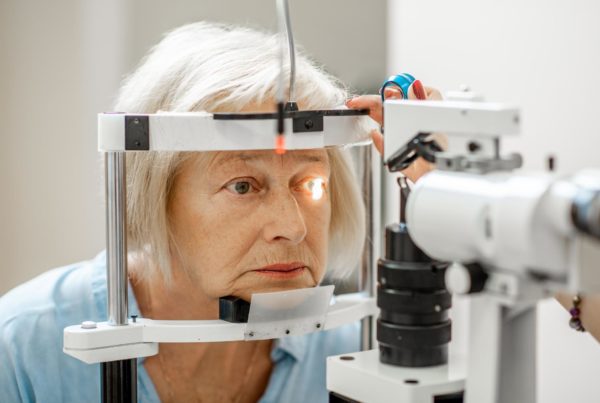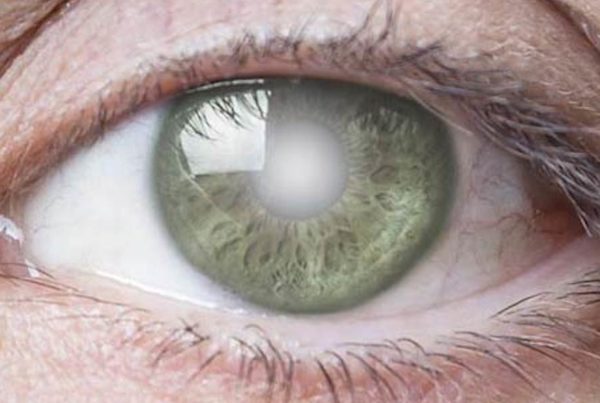
I’ve been doing cataract surgery for over 40 years in the St. Louis area so I’ve seen a lot of changes in the way the surgery is done. This also means there have been a lot of changes in how patients must care for their eyes after surgery. There are some questions that patients have that are very common, and I’m going to give you answers to those starting in this blog and continuing with more in future blogs.
First you should understand that there are different ways that surgeons perform any cataract treatment, and your surgeon may have different instructions for you based on the way your surgery goes. I’m going to tell you how I instruct my patients after routine cataract surgery at SureVision Eye Centers but you should certainly discuss these with your surgeon to know what is best for your particular eye condition.
When Can I Wear Makeup After Cataract Surgery?
I really don’t have a problem with you using cosmetics right after cataract surgery. So long as the products you use are good quality and fresh, so there are no contaminants in them, it’s okay to use them starting the next day after surgery. What I do worry about are two things: putting the makeup on and taking the makeup off.
You must be gentle and not push on your eye or scratch it with a mascara brush or eyeliner. Remember that your vision will be different after cataract surgery and you may not see your eyelids or the applicators the same way you did before cataract surgery until you are comfortable with your new vision.
You should be particularly careful not to rub your eye with cosmetic remover or get any debris falling into your eye as you clean it off. There are medicated pads that you can get over-the-counter at the drugstore or grocery that are specially made to do this gently and safely for your eyes. We use the same pads to clean your eyes before surgery. Some brands of these are: Ocusoft Lid Scrub, and Systane Lid Wipes.
So, I allow my patients to use make-up carefully and safely right after cataract surgery.
When Can I Lift My Grandchildren After Cataract Surgery?
Years ago, when we did cataract surgery, we made a large opening in your eye to remove the cataract, and it took stitches to close the opening for several weeks until it was healed securely. Now with modern cataract surgery we dissolve the cataract and wash it out through a tiny opening that generally seals itself and does not even need a stitch. So, bending and lifting after cataract surgery is no longer a problem. I let my patients lift anything that doesn’t cause them to strain or hold their breath, and even that restriction is only important for a week after surgery. From then on even straining to lift will not be a problem.
The other issue with lifting your grandchildren after cataract surgery, however, is protecting your eyes from wandering fingers. You know that the first place your grandchild reaches when being lifted is for your glasses. So, just watch that those fingers don’t poke you in your newly operated eye.
When Can I Drive After Cataract Surgery?
This is always an important question people have but it is complicated to give a simple answer. The best answer is that you should wait until you feel you can drive safely and see well enough to judge your distance and speed, read road signs, and see what’s around you and your car.
The more detailed answer involves a few things.
We often give our patients medications that help them relax during surgery and you should not drive on the day of your surgery with that medication still in your system. That medication should be gone by the next day.
We try to give you the best vision after cataract surgery by implanting an artificial lens that focuses your eye. Sometimes this lens works beautifully within minutes after cataract surgery. Sometimes it takes longer or may not give you the best focus for your vision until you get glasses after your eye has healed. Most commonly this is due to astigmatism that will not be corrected by the standard lens implant covered by Medicare and other health insurers. Astigmatism can be corrected surgically with a laser or using a special toric lens implant when we do your cataract surgery, but these are not covered by insurance plans/You may not want to spend money for these, but instead want to use glasses after surgery to focus your eyes. If so, you would wait until your eyes have healed to then get your glasses. This means you may not see well enough to drive safely until you have glasses to wear while driving. Your old glasses probably won’t work well for driving, so you need those new glasses to see well enough to be safe.
Remember to ask your eye doctor to tell you when you are seeing well enough to qualify for unrestricted driving and always be safe when you do.
CONTACT US TO SCHEDULE AN APPOINTMENT


